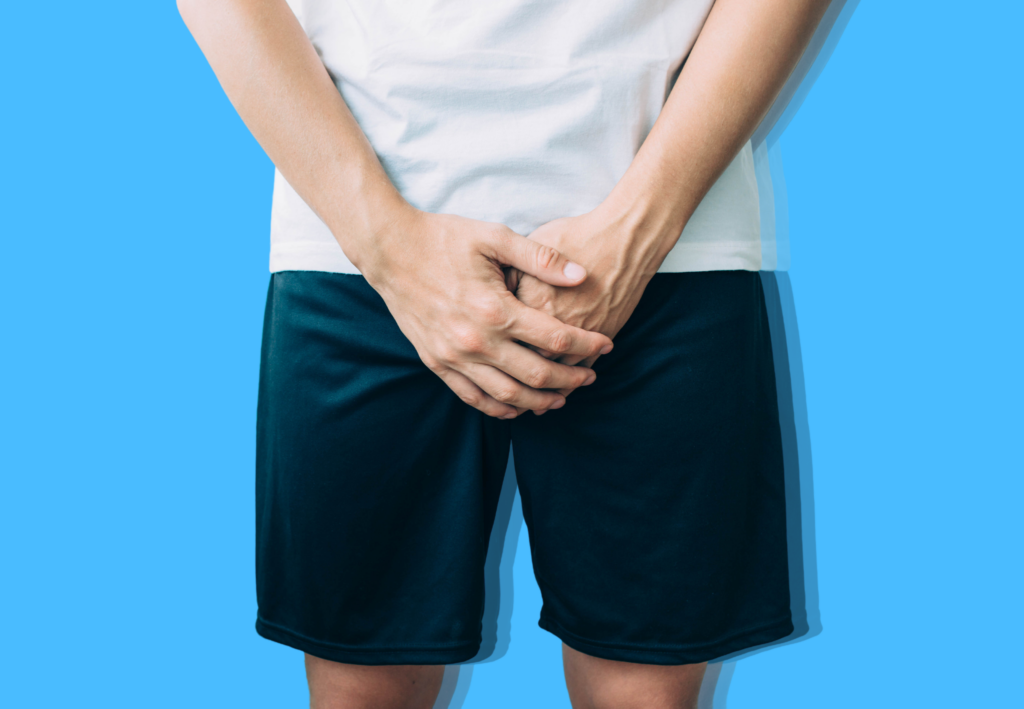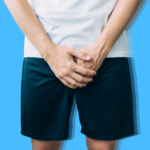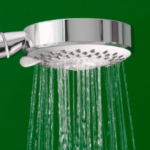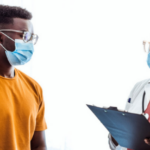Causes of an itchy penis
Balanitis
Balanitis is when the head of the penis becomes irritated, red and swollen. It happens when bacteria or yeast cause an infection, often because the area isn’t kept clean or moisture gets trapped under the foreskin. Sometimes, it might also feel like the skin is itchy or burning. Good hygiene and, in some cases, medication from a doctor can help clear it up and stop the itching.
Learn more about balanitis here.
Fungal infections
A yeast infection is when too much yeast, a type of fungus, grows on the skin. For men, this can happen on the penis, especially under the foreskin or in areas that stay warm and moist. The infection makes the skin red, sore and itchy. Sometimes, it can also cause a burning feeling or a white discharge. Keeping the area clean and dry helps, and sometimes you need medicine from a doctor to stop the itching and get rid of the infection.
Learn more about yeast infections here.
Skin conditions
Skin conditions, like eczema or psoriasis, can affect the skin on the penis and cause itching. These conditions happen when the skin becomes dry, irritated or inflamed. With eczema, the skin might feel rough, flaky and itchy. Psoriasis can cause red patches with silvery scales that are also itchy. Chat to your doctor about treatments to soothe itching associated with these skin conditions.
Sexually transmitted infections (STIs)
STIs like chlamydia, gonorrhoea, herpes or trichomoniasis can cause itching on the penis. These infections are spread through unprotected sexual contact and can affect the skin and tissues of the genital area. It’s important to see a doctor if you suspect an STI so you can get the right treatment to stop the itching and prevent more serious health consequences.
Learn more about STIs here.
Subscribe to our newsletter

Allergic reactions
Allergies can cause itching on the penis if immune cells in the skin react to something that is usually harmless. This can happen if you use certain soaps, lotions, condoms or laundry detergents. To prevent allergies, it’s helpful to avoid using products with harsh chemicals, and stick to hypoallergenic items. If the itching continues, a doctor might recommend a cream or medication to calm the reaction.

Pubic lice
Pubic lice, also known as "crabs," are tiny insects that live in the pubic hair. They bite the skin to feed on blood, which leads to irritation and itching. The itching is often worse at night when the lice are more active. You can sometimes see the lice or their eggs in the hair. They spread through close body contact, usually during sexual activity, but can also be transferred from infested clothing or bedding. Treating pubic lice involves special shampoos or lotions that kill the lice and eggs, along with washing clothing and bedding to prevent reinfestation.
Irritation from friction
Irritation from friction happens when the skin on the penis rubs against something like tight clothing or during activities like sex or exercise. This constant rubbing can make the skin sore, red, and itchy because it wears down the skin’s protective barrier. Over time, the skin may become dry, flaky, or even develop small rashes. To prevent friction irritation, it's helpful to wear loose, comfortable clothing and use lubricants during sexual activity. Keeping the area dry and clean also helps reduce itching.
Underlying medical conditions
Underlying health conditions like diabetes, kidney disease or liver problems, can cause itching on the penis or other parts of the body. In diabetes, high blood sugar can lead to skin infections or dryness, which causes itching. Kidney or liver disease can result in a buildup of toxins in the blood, which irritates the skin and leads to itchiness. If itching is persistent and there’s no clear cause, it’s important to see a doctor to check for any underlying health issues that may need treatment.
Ingrown hairs
Ingrown hairs happen when a hair grows back into the skin instead of rising up from it. This can occur after shaving or trimming pubic hair and often causes red bumps that can be itchy and uncomfortable. The skin around the ingrown hair becomes irritated as the body treats it like a foreign object, leading to itching, redness, and sometimes swelling. Scratching can make the irritation worse and might lead to infection. To prevent ingrown hairs, you can exfoliate the skin gently before shaving, and avoid shaving too closely. Using a clean razor will help to prevent infection of hair follicles. If itching persists or the area becomes infected, it might need treatment from a doctor.
Scabies
Scabies is a skin condition caused by tiny mites that burrow into the skin, leading to intense itching. These mites spread through close skin-to-skin contact, often during sexual activity or by sharing bedding and clothing. You might notice small red bumps or rashes where the mites have burrowed, and the itching can get worse at night. Treating scabies usually involves special creams or lotions prescribed by a doctor to kill the mites and their eggs, along with washing clothes and bedding to prevent reinfestation.













